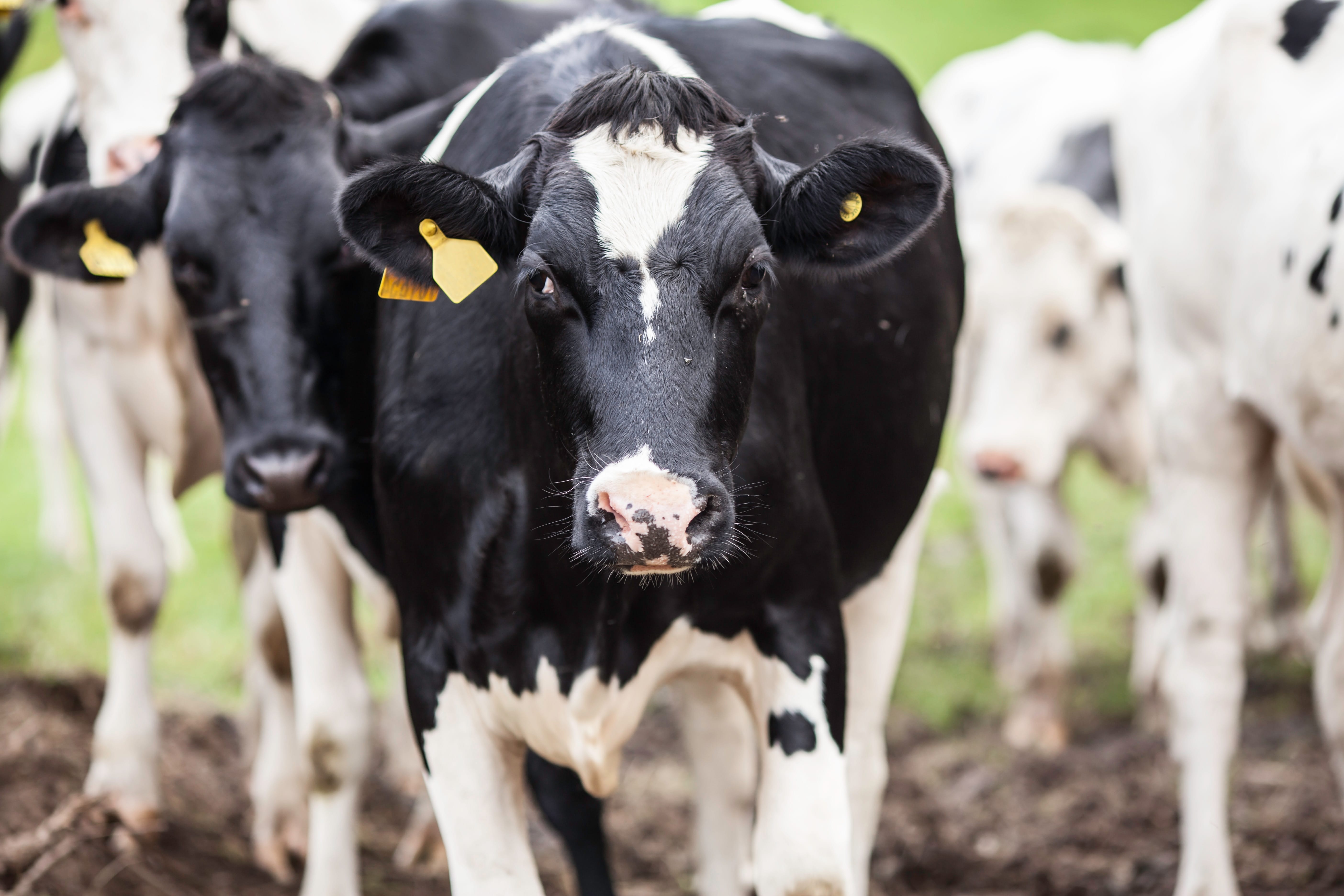Records obtained by Animal Justice under freedom of information show that between 2014 and 2017, the University of British Columbia (UBC) received almost $2 million from at least eight separate dairy industry sources. The majority of the funds came from Dairy Farmers of Canada, an industry lobby group with a mandate to promote dairy products.
UBC operates a Dairy Education and Research Centre, which overtly supports the development of the dairy industry “in B.C. and beyond.”
So what’s the problem? Funding bias in science is the well-known phenomenon by which industry-funded research tends to support the interests of the funder. When industries fund research, the research topics and results are more likely to favour the industry. This, in turn, enhances the industry’s credibility and further entrenches its interests.
For example, in 2013, one faculty member at the University of British Columbia received a $135,000 grant from the Dairy Farmers of Canada for a research project entitled, “Role of Milk Fat in Promoting Healthy Gut Flora and Preventing Heart Disease in the Next Generation.” Although the project is ongoing, the very title of the project suggests the conclusions will be favourable to the study’s dairy industry funder.
Another UBC study published in 2017 concluded that Canadian children do not consume enough dairy products during school hours, framing the findings as a public health concern. This, despite that up to 90 percent of some ethnicities cannot digest lactose after infancy, and that mammalian milk is not a traditional part of the cultural diet for most non-Europeans. Even Health Canada is on track to remove the dairy category from the national food guide, finally recognizing that cow’s milk and associated dairy foods are not a necessary part of a human diet and may even be harmful to human health.
In addition to conducting health research of dubious legitimacy, UBC has been publishing research on consumer attitudes towards dairy with a slant towards helping the dairy industry best understand how to market to consumers.
For example, one study—entitled “Decision-making in the dairy aisle”—examined the considerations shoppers use when purchasing “dairy and dairy alternative foods.”
Another UBC study observed that dairy consumption in North Americans aged 30 to 50 has been declining. Researchers tested various targeted email messages to try to increase dairy consumption, concluding that emails from a trusted source emphasizing benefits of dairy consumption and how-to strategies for consuming more would result in increased dairy consumption even four weeks following the emails.
UBC has also been funding research into consumer perceptions around dairy animal welfare, emphasizing how industry can tailor messages to counteract well-founded consumer concerns about animal cruelty in the food industry.
For example, after touring UBC’s own state-of-the-art dairy facility—which exceeds industry standards for animal care—participants actually lost confidence in the dairy industry. Before the tour, 42 percent of participants said they were confident that dairy cows have a good life. After the tour—during which participants realized that on dairy farms, cows and calves are separated at birth and confined in small pens with no access to pasture—only 24 percent were confident. The UBC report concluded: “Assurances that animals are well treated, and are able to perform important natural behaviours will improve the social sustainability of the dairy industry.”
Meanwhile, milk consumption continues to drop, and consumers are increasingly turning toward nutritious plant-based milks that can be produced without causing gentle, sensitive cows to suffer. Animal Justice will continue to expose the dairy industry’s efforts to fund biased science and prop up its faltering sales.
Join the Animal Justice mailing list




